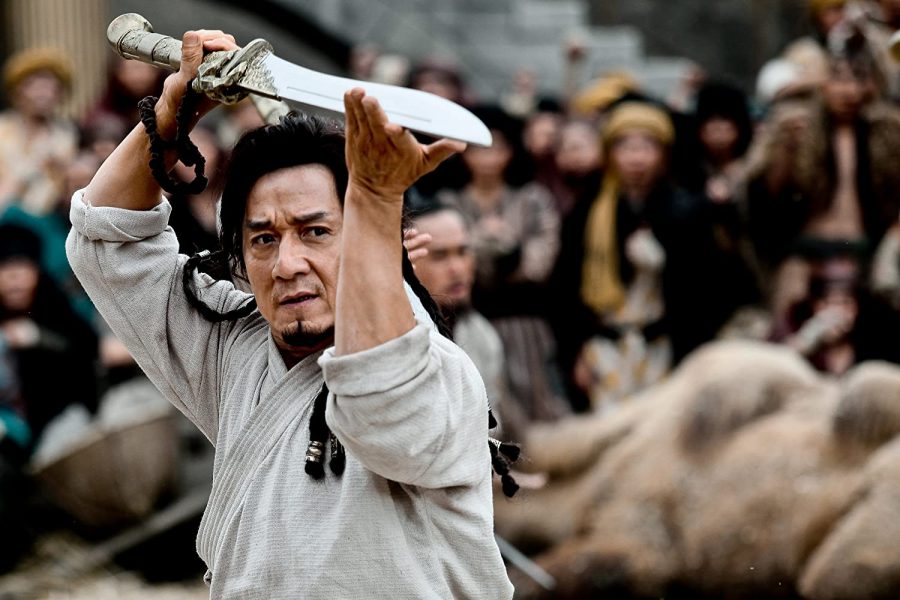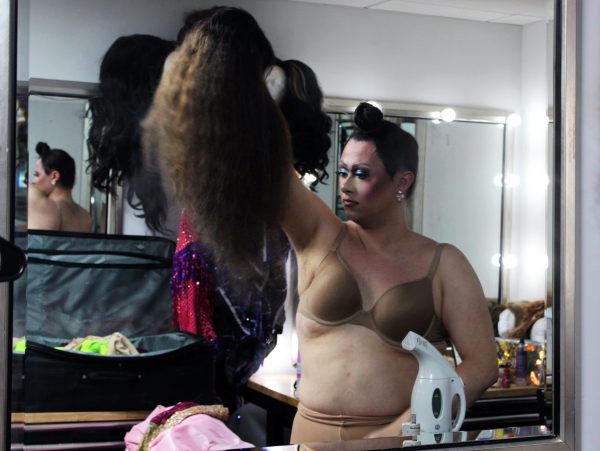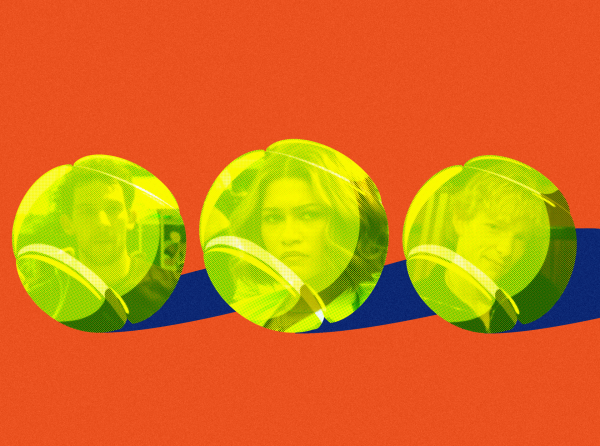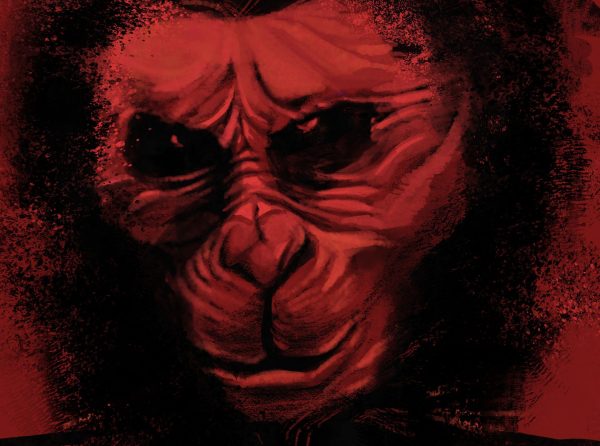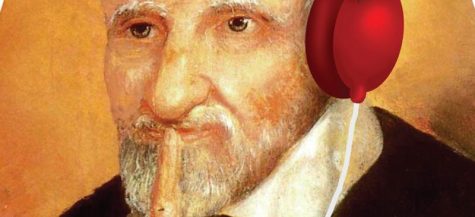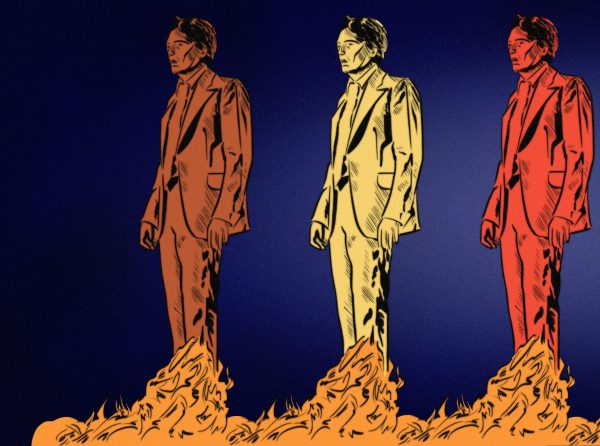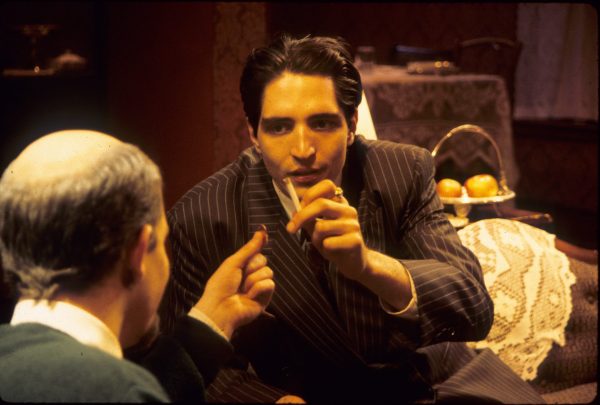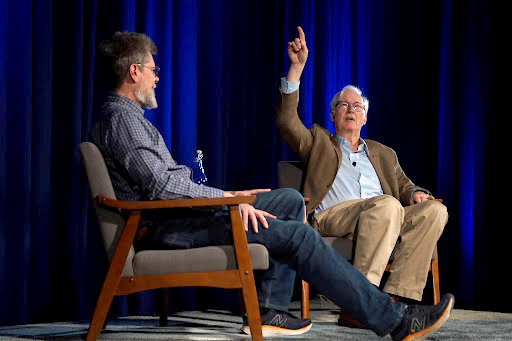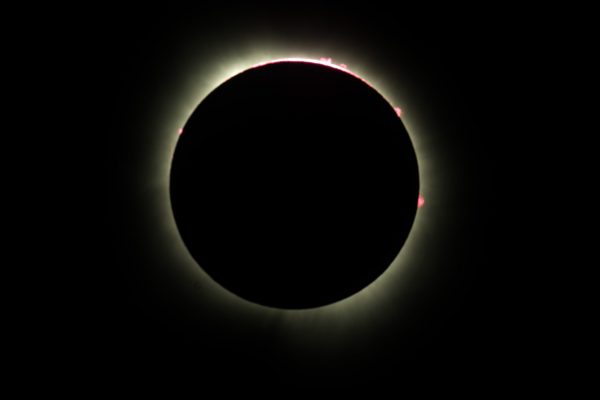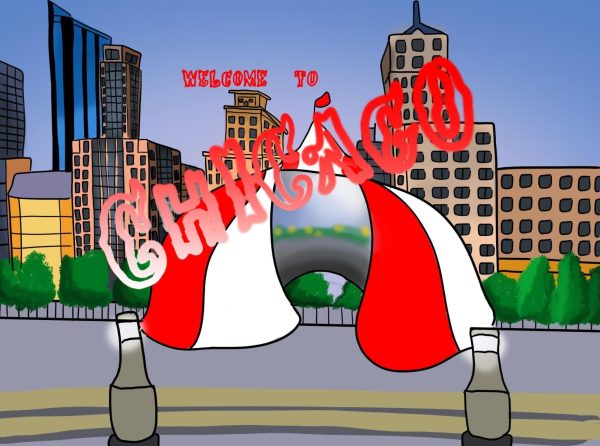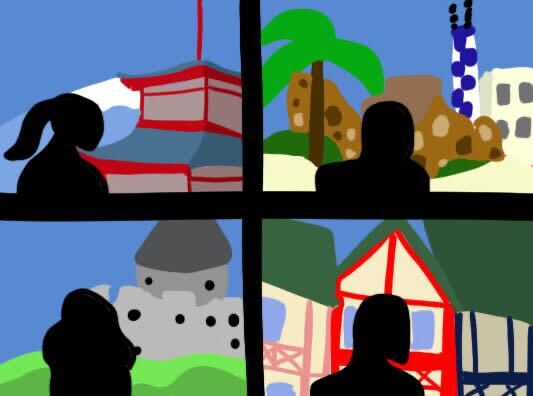Why Jackie Chan is the best action star of all time
Still of Jackie Chan in “Dragon Blade.”
Jackie Chan is the best action star of all time. I won’t debate this one. I hold a lot of these types of pop culture discussions in great standing, as the various opinions can reveal a lot about a person. Yet I don’t really care about anyone else’s opinion on this topic — nobody has done action better than Jackie Chan has for his decades-spanning legendary career.
From his first starring role in “Little Tiger of Canton” in 1973 to whatever this upcoming straight-to-streaming “Iron Mask” movie with Arnold Schwarzenegger is, Jackie Chan has done it all and has put together one of the most impressive resumes a movie star could make. He’s made some bad movies to go with his plethora of masterpieces.
No one does action like Jackie Chan, from his daring stunts to his ability to pull humor out of situations where the pain he feels is all too real. A Jackie Chan movie is a real event, unlike what any other action star has ever consistently pulled together. The bloopers at the end of the movies pull you into the world of Chan and his underappreciated stunt crew.
Chan combines the humor of Buster Keaton, Charlie Chaplin and the silent-movie age with the robust martial arts of Bruce Lee, all while maintaining the boyish charm of a Tom Cruise-like figure. Other than this unique combination, what sets him apart is what he is willing to do to his body for the finished on-screen product.
Throughout his career, Jackie Chan has slid down a 25-story building, slid down a chandelier resulting in multiple second-degree burns and a broken pelvis, jumped off a castle onto a tree, broken his skull, multiple other bones, torn ligaments and caused many producers to burn their checkbook.
What makes Jackie Chan so fun is the way he does action-comedy. Oftentimes, action-comedies, like what a lot of Marvel movies try to do, are very cut and dry. The action is separate from the comedy. Whereas in a Jackie Chan movie, everything is intertwined. You can see that in his many different setpieces.
In his 1979 directorial debut “The Fearless Hyena,” a scene plays out where Chan and co-star Chan Wai-Lau fight with chopsticks, passing a piece of food between them without dropping it. In “Police Story 2,” Chan fights a gang of goons at a playground, sweeping in and out of equipment to stave off multiple attackers. It is probably his most famous attribute — fighting others with whatever stuff he can find around him.
In a lot of American action movies, a hero fights a group of attackers who come at him one at a time. In a Jackie Chan action movie, Chan gets hit repeatedly during fights, grabbing humor out of his and others’ physical pain. He often has to fight from behind as well, with some sort of limitation like a steering wheel being handcuffed to him (“Rush Hour”).
Jackie Chan just knows how to fight. A whole fight scene will have a very limited amount of cuts, no close-ups, and never a cut on action. When he or someone else gets hit, the audience can see and feel it, unlike some Hollywood movies where it’s clear that a stunt-double has popped in for a hit.
This means there is a split in Chan’s filmography. For the first two decades or so of his career, he stayed in Hong Kong, not yet exploding in fame stateside. It wasn’t until 1996’s “Rumble in the Bronx” that saw a cut-down U.S. theatrical version release which launched his U.S. fame. From there came the infamous “Rush Hour” trilogy, “Shanghai Noon” and “Shanghai Knights” with Owen Wilson, a voice role in “Kung Fu Panda,” “The Spy Next Door” and 2010’s remake of “The Karate Kid.”
These films are different in nature from Chan’s earlier Hong Kong films, but they are action-comedies. Where they differ is in Chan’s control, and the way that Hollywood operates compared to the studios Chan worked with early on.
Jackie Chan’s style probably can be replicated in a way. There is a formula, and there are certainly enough people with martial arts prowess. But nobody has ever wanted to attempt what Jackie Chan has perfected. In a behind the scenes video, Chan describes one of his stunts in the movie “The Young Master” where he fights using a Chinese fan. “The most difficult thing is when I throw the fan and it comes back, more than 120 takes,” he said. “Those kinds of scenes you say ‘Oh, Jackie’s good,’ it’s not good, you can do it. Except, do you have the patience or not?”
It’s a good question, and another worthwhile question is “does the producer have the patience or not?” Most of the time in American studios, they don’t. The little scenes that take hundreds of takes and work into the budget aren’t going to fly with a lot of producers and studios. Jackie Chan films it, and then works magic in the editing room to create not an illusion of a good fight scene, but instead, he helps add rhythm to scenes through minimal cuts and wide angles.
The movies that made me fall in love with Jackie Chan are “Police Story” 1 and 2. The movies see Chan as Hong Kong police officer Chan Ka-Kui, fighting against international crime lords and working gung-ho. These movies are special because they show everything Chan can do that no one else has ever replicated. Amazing set pieces, gripping story, adventurous humor and giant stunts that would make most people’s stomachs turn.
What Jackie Chan can do is unparalleled, and it’s shown through Police Story 1 and 2. These were some of the first bigger budget movies that Chan worked on with his designated stunt team, and that allowed for a sort of mural of Chan’s best attributes. Not to mention the amazing theme song is sung by Chan himself.
There’s a reason Edgar Wright, one of the best action-comedy directors working right now, literally cried when he saw Jackie Chan on screen for the first time, as he revealed in an interview with SFX magazine. Jackie Chan’s influence will forever carry on, as someone who is forever ingrained in film. He has made an inconceivable contribution to the art of film, and should forever be remembered.


